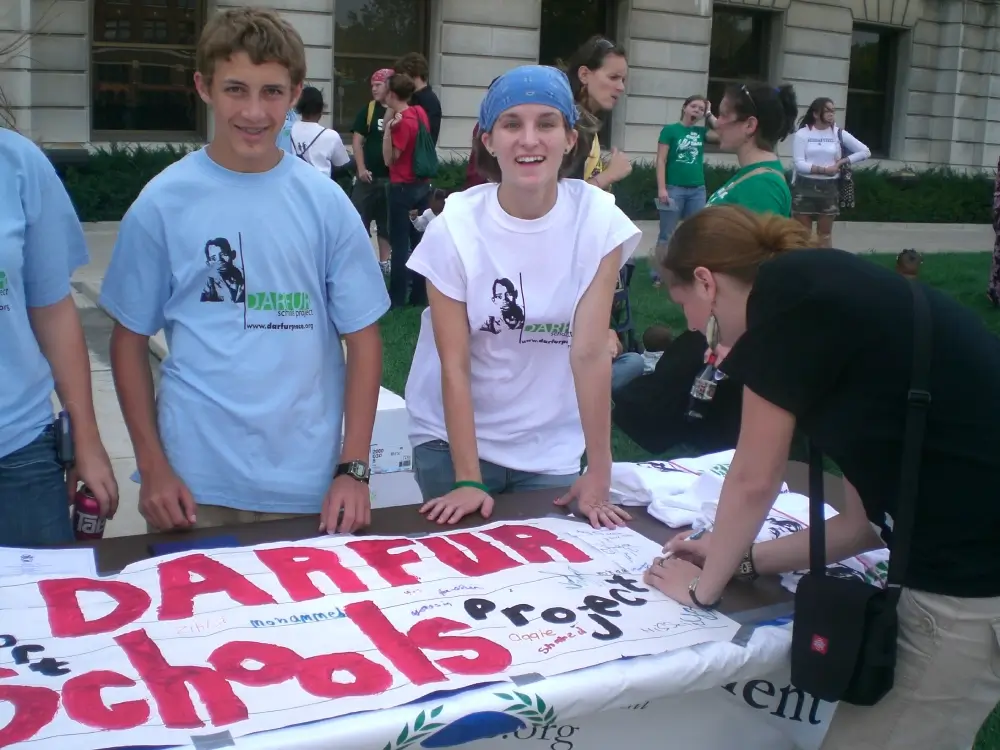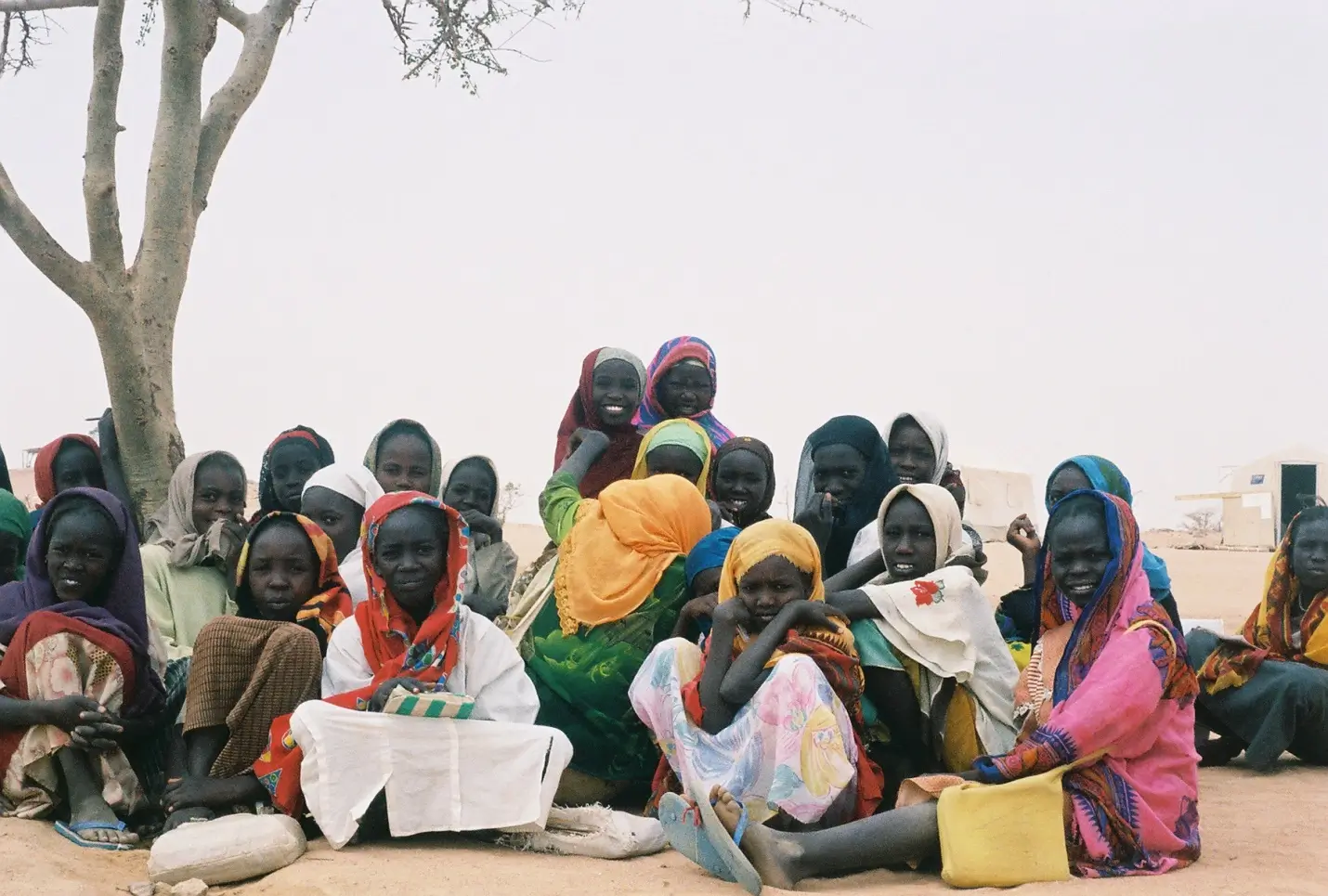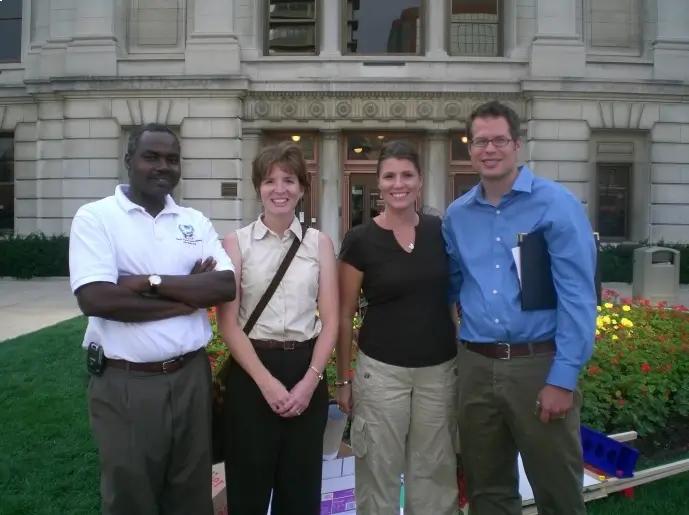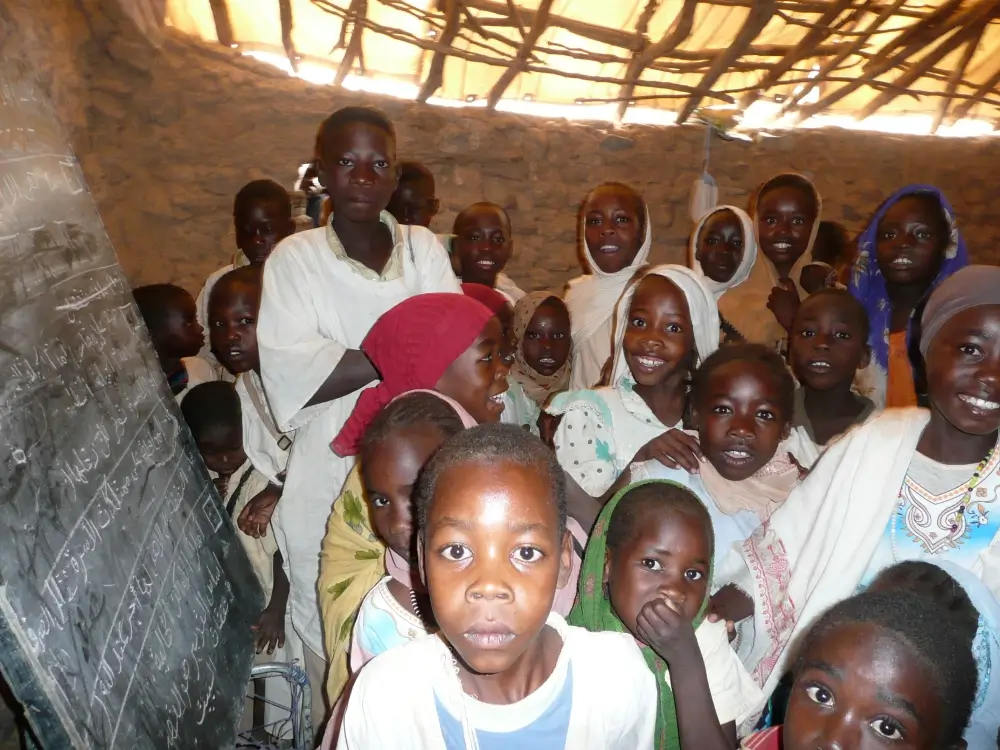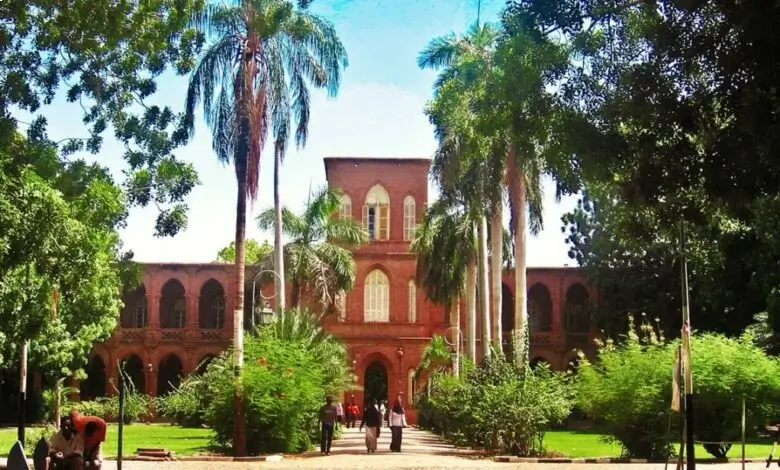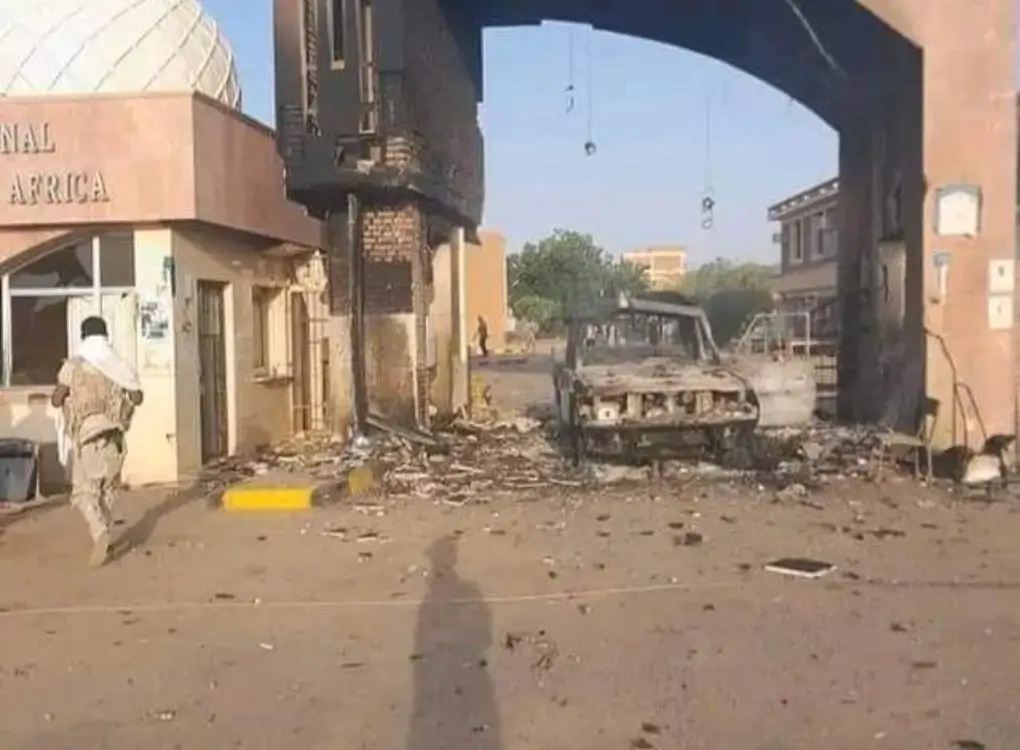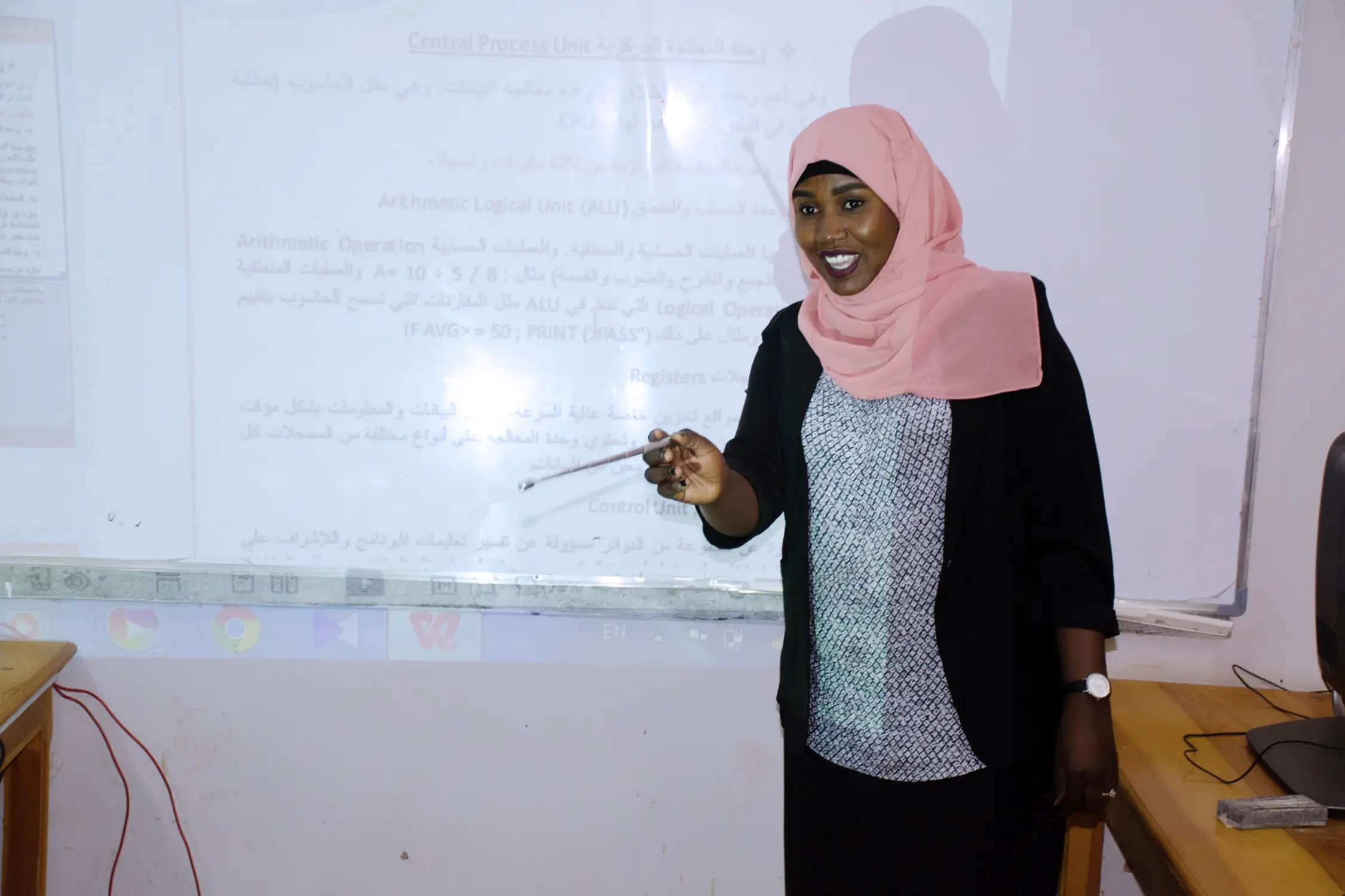Sadly, the political and security unrest in the country since the demonstrations against the National Congress government in April 2019 has caused considerable instability, disrupting the academic years of higher education institutions. The prolonged demonstrations that led to the downfall of the National Congress regime have affected the stability of educational institutions.
The war has caused a halt to all aspects of life, including education and health. The educational infrastructure has been completely destroyed, with libraries, laboratories, and research centers being looted or destroyed. According to the latest report from the Ministry of Higher Education, more than 104 educational institutions have been exposed to this destruction. Unfortunately, severe damage was done to universities in the states of Darfur and Al-Jazira, estimated to be 14 other universities, bringing the total number of completely destroyed private universities and colleges out of a total of 155 government universities to 118. This has caused a complete disruption in the education of approximately 719,000 male and female students. The Ministry has considered this to be systematic destruction, which has resulted in a complete halt to students’ academic future.
Since the beginning of this war, which was imposed on our country on April 15, 2023, higher education institutions and their employees have been subjected to severe damage at various levels.
